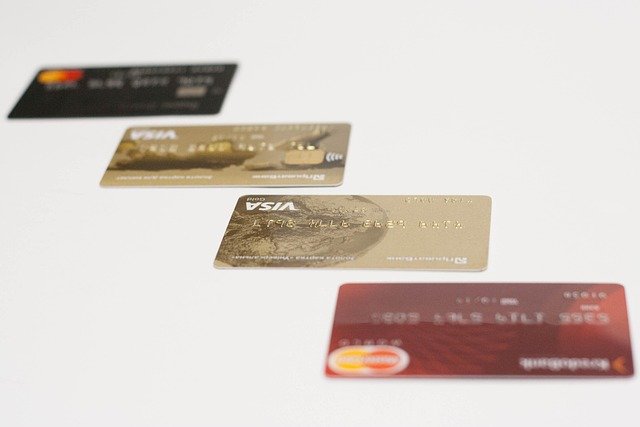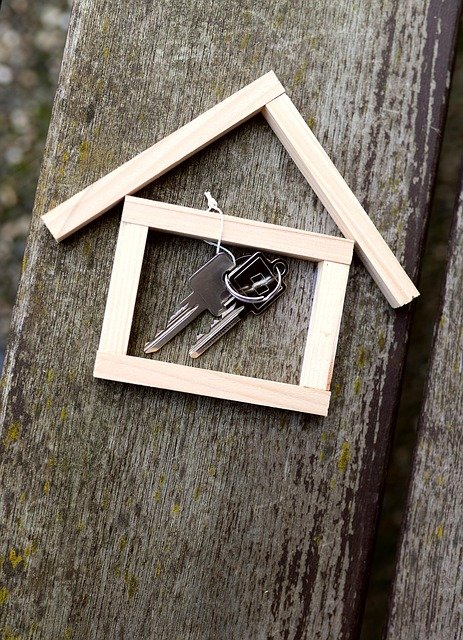Navigating Credit Card Options with Poor Credit Scores
Finding a credit card when you have a poor credit score can be challenging, especially when many providers require security deposits. However, several options exist for individuals seeking credit card approval with bad credit without needing to put down a deposit. Understanding these options can help rebuild your credit while avoiding additional upfront costs.

Credit cards can provide financial flexibility and help rebuild damaged credit histories, but many traditional card issuers are hesitant to extend credit to those with poor credit scores without requiring a security deposit. Fortunately, there are specific credit card options designed for individuals with less-than-ideal credit that don’t require an initial deposit. These cards can serve as valuable tools for rebuilding credit while avoiding additional upfront expenses.
How to Get Credit Card Approval with Bad Credit and No Deposit
When your credit score falls into the poor or very poor range, many issuers view you as a high-risk applicant. However, some credit card companies offer products specifically designed for credit rebuilding without requiring a security deposit. These unsecured credit cards for bad credit typically come with lower credit limits and higher interest rates to offset the risk to the lender.
To improve your chances of approval, first check your credit report for errors that might be unnecessarily lowering your score. Next, look for card issuers that specialize in serving customers with credit challenges. Some companies use alternative approval methods that consider factors beyond just your credit score, such as income stability or banking history. Be prepared to demonstrate reliable income, as this reassures issuers of your ability to make payments.
Understanding Very Poor Credit Score Ranges and Their Impact
A very poor credit score typically falls below 580 on the FICO scale. This score range results from past financial difficulties such as missed payments, defaults, bankruptcies, or high credit utilization. Understanding where your score falls is crucial because it directly impacts the types of credit cards you can qualify for.
With a very poor credit score, most premium credit cards will be out of reach, but specialized products exist to help rebuild credit. These cards report to all three major credit bureaus, allowing responsible use to gradually improve your score. Regular on-time payments and maintaining low balances on these cards can help transition from a very poor score to a fair or good score over time, eventually qualifying you for better credit products with more favorable terms.
How to Apply for Credit Card with No Deposit Requirement
The application process for no-deposit credit cards with bad credit follows a specific approach to maximize approval chances. Start by researching card options specifically marketed to people with credit challenges. Many of these cards offer pre-qualification tools that perform a soft credit check to estimate your approval odds without affecting your credit score.
When applying, be honest about your financial situation and only submit applications for cards you’re reasonably confident you’ll qualify for. Multiple rejected applications in a short timeframe can further damage your credit score. If approved, you’ll typically receive a card with a modest credit limit, often between $300 and $500. Some issuers may offer credit limit increases after several months of responsible usage, providing an opportunity to improve your credit utilization ratio.
Benefits of Credit Cards with Instant Card Number Access
Some credit cards offer the advantage of providing your card number immediately upon approval, rather than waiting for a physical card to arrive in the mail. This feature can be particularly valuable in emergency situations or when you need to make immediate purchases.
With instant card number access, you can add the card to digital wallets like Apple Pay or Google Pay, make online purchases, or set up recurring payments right away. This immediate access provides convenience and allows you to start building credit history without delay. Not all cards offering instant numbers require good credit—several options exist for those with poor credit histories who need immediate access to credit without a security deposit.
Strategies for Using Credit Cards to Improve a Poor Credit Score
Obtaining a credit card despite poor credit is just the first step—using it strategically to rebuild your credit is equally important. The most crucial factor is making all payments on time, as payment history comprises about 35% of your FICO score. Set up automatic payments to ensure you never miss a due date.
Keep your credit utilization ratio (the percentage of available credit you’re using) below 30%—ideally below 10%. Even with a low credit limit, this means keeping your balance minimal. Avoid applying for multiple new credit products simultaneously, as each application typically generates a hard inquiry that temporarily lowers your score. Instead, focus on responsible management of your existing account, which will gradually improve your creditworthiness and potentially lead to better credit options in the future.
Prices, rates, or cost estimates mentioned in this article are based on the latest available information but may change over time. Independent research is advised before making financial decisions.
Understanding Fees Associated with No-Deposit Credit Cards
While avoiding a security deposit is beneficial, no-deposit credit cards for poor credit often come with various fees that can add to the cost of card ownership. Annual fees typically range from $35 to $99, with some cards charging monthly maintenance fees of $5 to $10 instead of or in addition to annual fees.
Late payment fees typically run $25-$40, and many of these cards charge foreign transaction fees of 3-5% on purchases made outside your home country. Some cards also impose over-limit fees if you exceed your credit limit. Before applying, carefully review the card’s fee structure in the terms and conditions to understand the total cost of ownership. While these fees may seem steep, they should be weighed against the opportunity to rebuild credit without providing a deposit and the potential long-term financial benefits of improved creditworthiness.
Credit cards for poor credit without deposits provide valuable opportunities to rebuild financial standing while avoiding additional upfront costs. By understanding the available options, application strategies, and responsible usage practices, you can use these financial tools to gradually improve your credit profile. Remember that rebuilding credit is a marathon, not a sprint—consistent responsible behavior over time will yield the best results.




